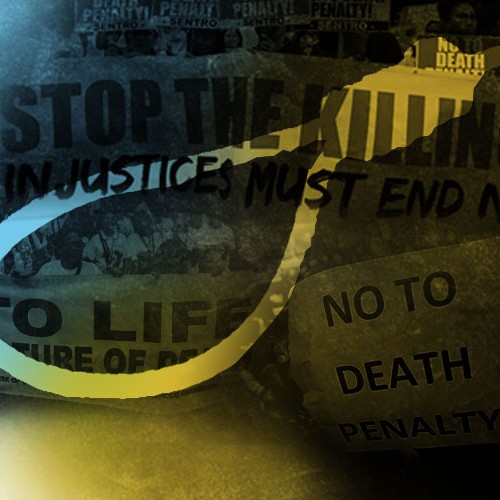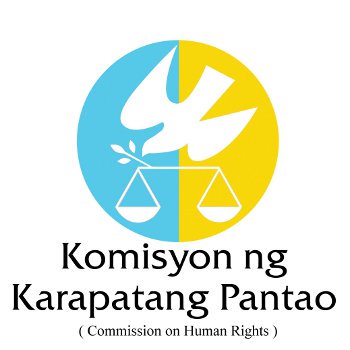

Background to the death penalty in the Philippines
The Philippines first abolished the death penalty under the 1987 Constitution. It was the first Asian country to abolish the death penalty for all crimes.[4] Following this abolition, all death sentences were reduced to reclusion perpetua or life imprisonment.
During the early part of former President Fidel Ramos’ administration, the death penalty was re-imposed by virtue of R.A. No. 7659, which was passed in December 1993. A convict, Leo Echagaray, was executed in February 1999, followed by six other executions for various allegedly heinous crimes. However, notwithstanding the re-imposition of the death penalty, national crime rate increased by 15.3 percent or a total of 82,538 (from 71,527 recorded crimes in the previous year).[5]
Subsequently, President Joseph Estrada declared a de facto moratorium on executions. President Gloria Arroyo lifted the de facto moratorium on 05 December 2003 “to sow fear into the hearts of criminals.”[6] Although executions were set to resume on January 2004, the administration in fact issued reprieves on any scheduled executions. [7] At the same time, the Supreme Court decided to reopen the Lara-Licayan case.[8] The Court admitted newly-discovered evidence, which exonerated both Lara and Licayan from culpability.[9]
The Philippines ratified the International Covenant on Civil and Political Rights (ICCPR) on 23 October 1986. Ratification of the ICCPR reinforced the commitment of the Philippines to promote and protect civil and political rights, including the right to life enshrined in Article 6 of the Covenant.
In 2006, the Philippines signed the Second Optional Protocol to the International Covenant on Civil and Political Rights (Second Optional Protocol). On 20 November 2007, the Philippines ratified the Second Optional Protocol. The Second Optional Protocol prohibits, absolutely and permanently, the imposition of the death penalty in the Philippines.[10]
Notwithstanding these binding legal commitments, House Bill No. 4727, is now before the House of Representatives, following approval by the House Justice Committee on 7 December 2016. Amendments to the Bill were the subject of vote in March 2017.
In the Senate, Senate Bill Nos. 4, 42, 185, 186, 187, 889, 985, and 1294 are under the consideration of the Committee on Justice and Human Rights. Further consideration of the Senate Bills are suspended as of writing pending consideration by officials of the effect of relevant international agreements ratified by the Philippines and other international obligations.

